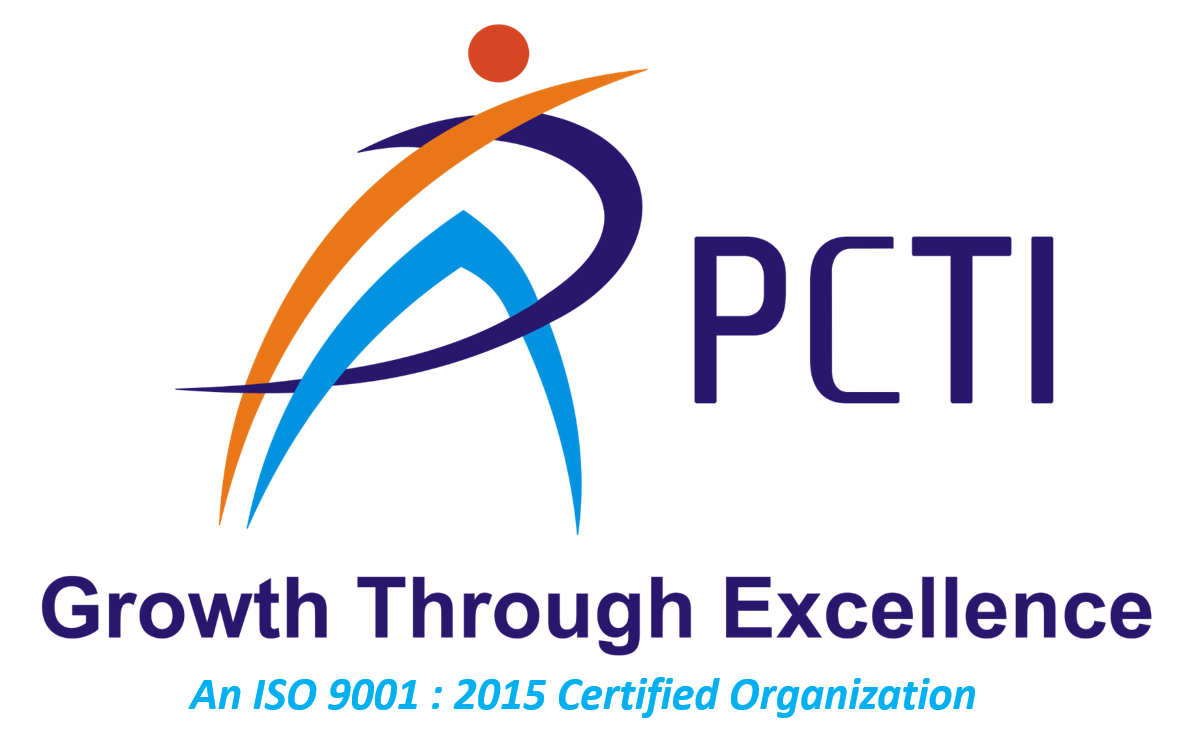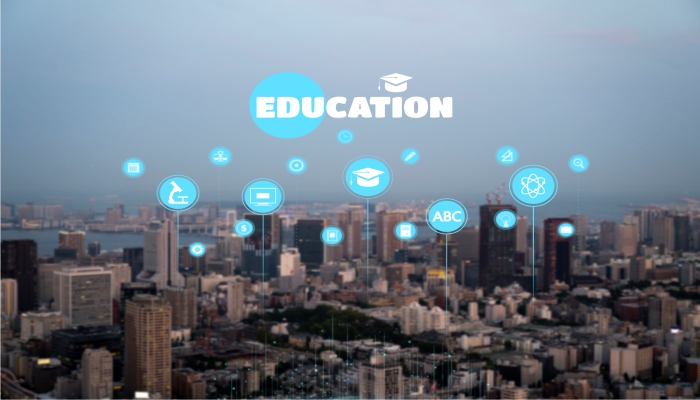Education
is a continually changing field, with technology being one of its most
essential aspects and e-content as an integral part of this change. E-content
includes digitally delivered materials such as videos, interactive models,
digital books, and online exams which provide dynamic, open, and interesting
learning experiences that engage students. This move towards e-content offers
numerous benefits; it allows materials to be accessed when needed and from any
location thus catering to diverse learners’ schedules. Furthermore, e-content
constantly interacts with students, boosting retention abilities while
enhancing comprehension of intricate subjects. Another point is that e-books
can be customized according to an individual’s needs facilitating personal
learning at the time while cutting costs through material savings.
Learning
and teaching in education are evolving due to the use of e-content. Although
there are benefits to the classroom-based paradigm, digital learning
environments are gradually replacing or improving it. The shift is because of
the flexibility and accessibility, interaction and engagement, and support for
various learning styles. Education is now democratized by e-content, which
makes educational resources available to anybody with an internet connection,
no matter where they live. The privilege of studying at their pace is
helpful for adult learners or those balancing work and education. E-content
connects text forms and multimedia components like movies, cartoons, and
interactive simulations to improve learning efficiency and
engagement. The flexibility of e-content enables learning to be customized
to fill in particular knowledge gaps or learner demands. Maintaining current
awareness of trends is especially important in fields undergoing rapid
transformation, like education, banking, and technology.
In
this respect, PC Training Institute Ltd. (PCTIL) has made significant strides
by producing high-quality e-content for some prestigious institutions. The
institute works closely with organizations like the Quality Council of India
(QCI), Delhi University, and several other international universities to
develop comprehensive learning modules that improve the effectiveness of
learning about diverse fields. The areas they cover include IT, retail, banking
& finance, technology, management, and entrepreneurship thus making their
e-content relevant and effective at different levels.
The
role of digital content is not limited to formal education alone; it extends to
professional development and training. Creations of PCTIL’s e-content for
training modules, professionals from various sectors have been able to
continuously improve their knowledge and be well-informed with the latest
trends in an increasingly growing digital era. For instance, their
collaboration with QCI centres on quality standards and processes, ensuring
experts are familiar with industry standards. For adult learners or those
juggling employment and school, having the flexibility to study at their speed
is beneficial.
One
importance of e-content customization is that it can be modified to suit
individual needs and fill gaps in knowledge. Rapidly advancing areas like
technology and finance crucially require this feature. PCTIL ensures that the
learners have the most recent information and skills relevant to the job market
by giving them up-to-date content.
E-content
also caters to many learning preferences. For instance, visual learners find
video clips and infographics helpful, whereas kinesthetic learners prefer
interactive simulations and hands-on digital activities. With this
adaptability, e-content becomes a powerful instrument in inclusive education,
supporting different types of students.
The
cheapness of e-content cannot be exaggerated. Traditional educational materials
like textbooks are costly and get outdated quickly. Conversely, e-content can
be modified easily at a minimal cost through mass distribution. As a result, it
becomes an affordable choice for both institutions of learning and students
themselves.
The
PCTIL’s participation in national skills promotions is a visible proof of the
usefulness of e-content to society. NSDC and UPSDM programs influence
bridging the skill gap among the Indian
workforce. Through valuable training opportunities and placements,
PCTIL contributes towards a more skilled and employable labour force,
which is fundamental for economic growth and development.
Initiatives
undertaken by PCTIL under the Deen Dayal Upadhyaya Grameen Kaushal Yojana had a
substantial impact in rural areas where access to high-quality training and
education may be constrained. These programs aim to empower rural youth by
equipping them with skills and contributing to employment and career
opportunities. Programs of this kind can transcend geographical limitations and
provide high-quality training to many individuals.
E-content
has immense value in lifelong learning and continuous professional development.
In today’s fast-paced world, continual learning and adaptability are critical.
E-content allows professionals flexibility to update their skills and knowledge
frequently. It holds particularly true for IT and
Technology industries, where technology changes
rapidly, necessitating keeping oneself updated for career growth.
With
its cutting-edge e-content solutions, PCTIL is advancing the larger goal of
employability and skill development in education. As technology grows, so does
the significance of e-content in education and professional development, with
organizations such as PCTIL driving this educational transformation.

